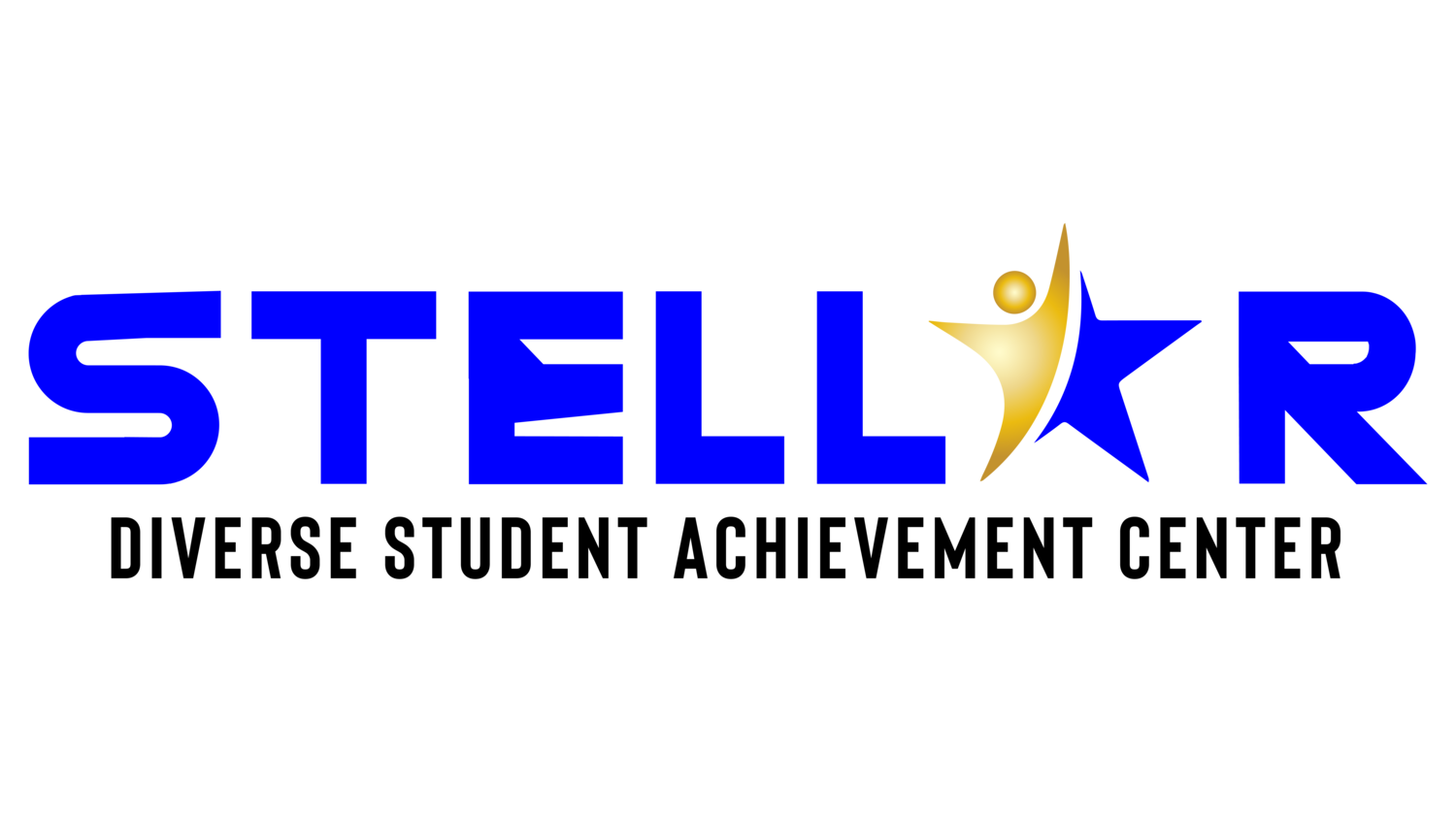Assessment Strategies for Meaningful Learning
Meaningful learning is a process where new information is connected to prior knowledge, making it more likely to be retained and applied in different contexts. Traditional assessment methods, such as standardized tests, often fail to capture the depth and breadth of meaningful learning. Therefore, educators must employ a variety of assessment strategies that not only evaluate students' knowledge but also encourage deeper understanding and application of what they have learned. This article explores several effective assessment strategies that promote meaningful learning.
Formative Assessment
Formative assessment is an ongoing process that allows teachers to monitor student learning and provide feedback during the instructional process. This type of assessment is integral to meaningful learning as it helps identify students' strengths and weaknesses, guiding instructional adjustments. Key formative assessment strategies include:
Observations and Anecdotal Records: Teachers observe students as they engage in learning activities, taking notes on their behaviors, interactions, and progress. These observations provide insights into students' understanding and skills.
Exit Tickets: At the end of a lesson, students write brief responses to a prompt or question related to the day's learning. This strategy helps teachers gauge what students have learned and identify areas that need further clarification.
Think-Pair-Share: Students first think about a question individually, then discuss their thoughts with a partner, and finally share their insights with the class. This collaborative approach encourages reflection and deeper understanding.
Learning Journals: Students regularly write about their learning experiences, challenges, and reflections. Journals provide a window into students' thought processes and conceptual development.
Summative AssessmentSummative assessment evaluates student learning at the end of an instructional period, such as a unit or course. While traditional summative assessments like exams and quizzes have their place, alternative strategies can better capture meaningful learning:
Project-Based Learning (PBL): In PBL, students work on a project over an extended period, culminating in a final product or presentation. This method assesses students' ability to apply knowledge and skills in real-world contexts.
Portfolios: Students compile a collection of their work overtime, reflecting their progress and achievements. Portfolios allow for a comprehensive view of student learning and growth.
Performance Tasks: Students perform tasks that demonstrate their knowledge and skills, such as experiments, presentations, or simulations. Performance tasks assess students' ability to apply what they have learned in practical situations.
Rubrics: Clear, detailed rubrics outline the criteria for success in various tasks. Rubrics provide students with specific expectations and facilitate consistent, objective grading by teachers.
Peer and Self-AssessmentInvolving students in the assessment process through peer and self-assessment fosters ownership of their learning and critical thinking skills. These strategies include:
Peer Review: Students evaluate each other's work using set criteria. Peer review encourages collaborative learning and helps students learn to give and receive constructive feedback.
Self-Assessment: Students reflect on their own work and learning progress. Self-assessment helps students develop metacognitive skills and a deeper understanding of their strengths and areas for improvement.
Reflection Sheets: After completing an assignment, students fill out reflection sheets where they assess their performance, challenges faced, and strategies for improvement. This practice promotes self-awareness and goal-setting.
With gratitude,
Stellar Diverse Student Achievement Center
